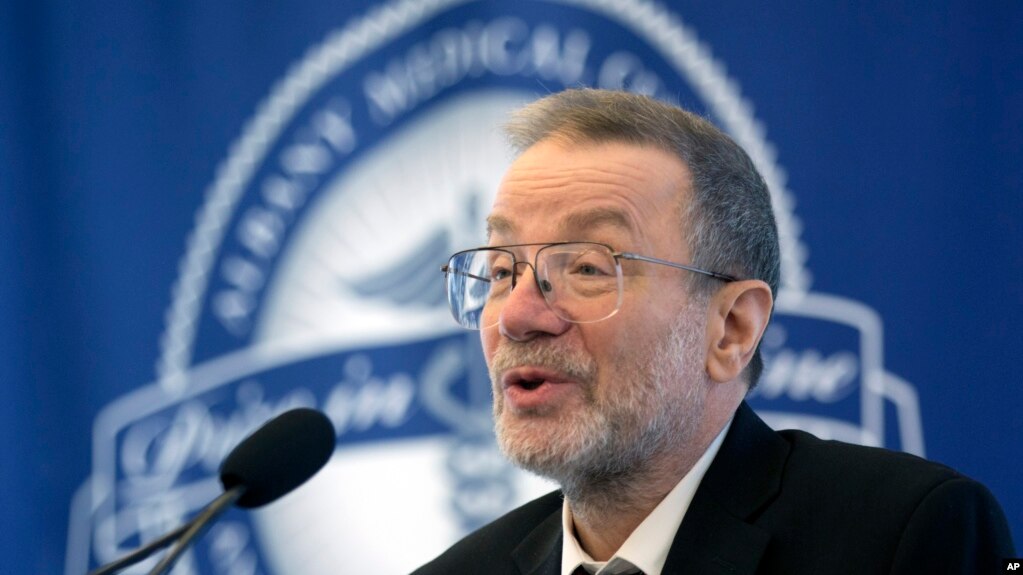Fair&Balanced
Gold Member
- Apr 12, 2016
- 8,137
- 1,026
- 245
- Banned
- #1
A laudable goal, no doubt. But once again, why do elected officials think that just shoveling money towards something is going to solve anything? We all realize EXACTLY what it will lead to, why don't they?
You want government incentives to cure cancer? Fine, offer $1B tax free to the first company that produces a cure and stand back and let the competition begin.
I'll just never understand why the government can't figure out that 99% of every dollar they spend upfront is wasted.
You want government incentives to cure cancer? Fine, offer $1B tax free to the first company that produces a cure and stand back and let the competition begin.
I'll just never understand why the government can't figure out that 99% of every dollar they spend upfront is wasted.

